
Welcome To The Data Leak Lawyers Blog
We focus on the latest news surrounding data breaches, leaks and hacks plus daily internet security articles.

We focus on the latest news surrounding data breaches, leaks and hacks plus daily internet security articles.
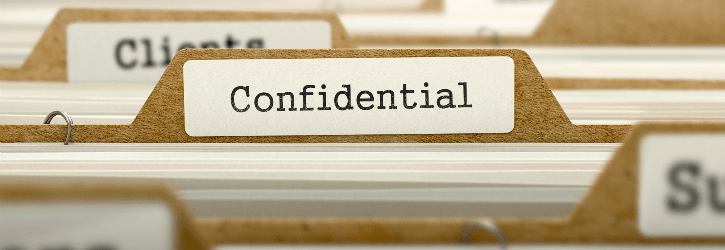
If your address is leaked to an ex-partner, you could be entitled to claim data breach compensation now on a No Win, No Fee basis.
Your Lawyers, as leading Data Leak Lawyers, has secured over £1m in compensation for mostly individual data clients, and this includes for victims where this very scenario has happened. We may not be able to undo any damage that has been caused, but the GDPR can entitle you to claim, and you could be owed thousands of pounds in data breach damages.

We represent thousands of people claiming data breach compensation, and a number of those involve council email data leaks that are often entirely preventable.
The team here at Your Lawyers – AKA The Data Leak Lawyers – is more than used to helping people pursue council data breach compensation cases as a leading firm of privacy claims experts. Claims against councils and local authorities are common, and you could be eligible to receive No Win, No Fee legal representation now.
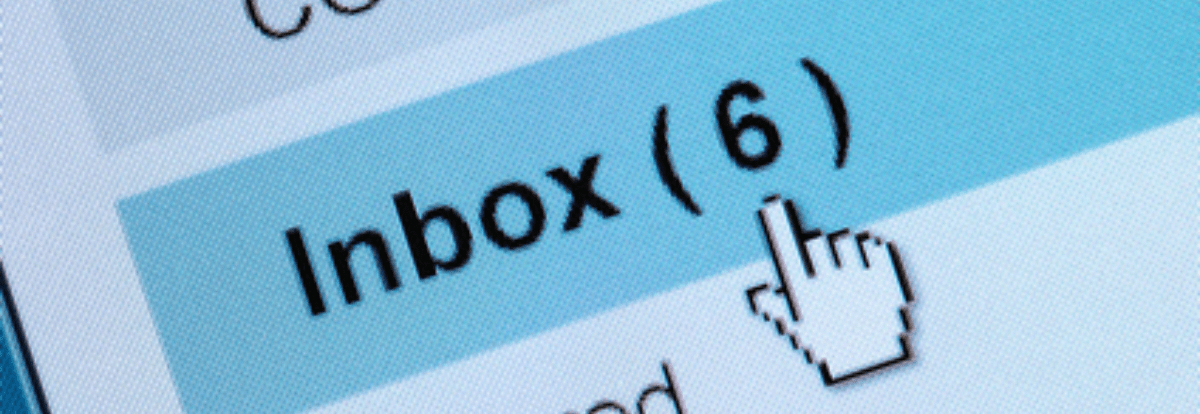
CC email data leaks, as we sometimes refer to them as, are events where personal details are exposed as a result of many people receiving an email where they can see the details of other recipients.
Victims of this kind of data breach could be entitled to pursue a claim for compensation with us a on a No Win, No Fee basis. There have been many over the years, and there was a recent one at the end of 2021 where The Midlands Partnership NHS Trust reportedly sent an email this way for people involved in a Covid vaccine trial.
Such incidents are often put down to human error and are sometimes dismissed as minor by the offenders, but they can actually have very serious consequences, as we will explain below.
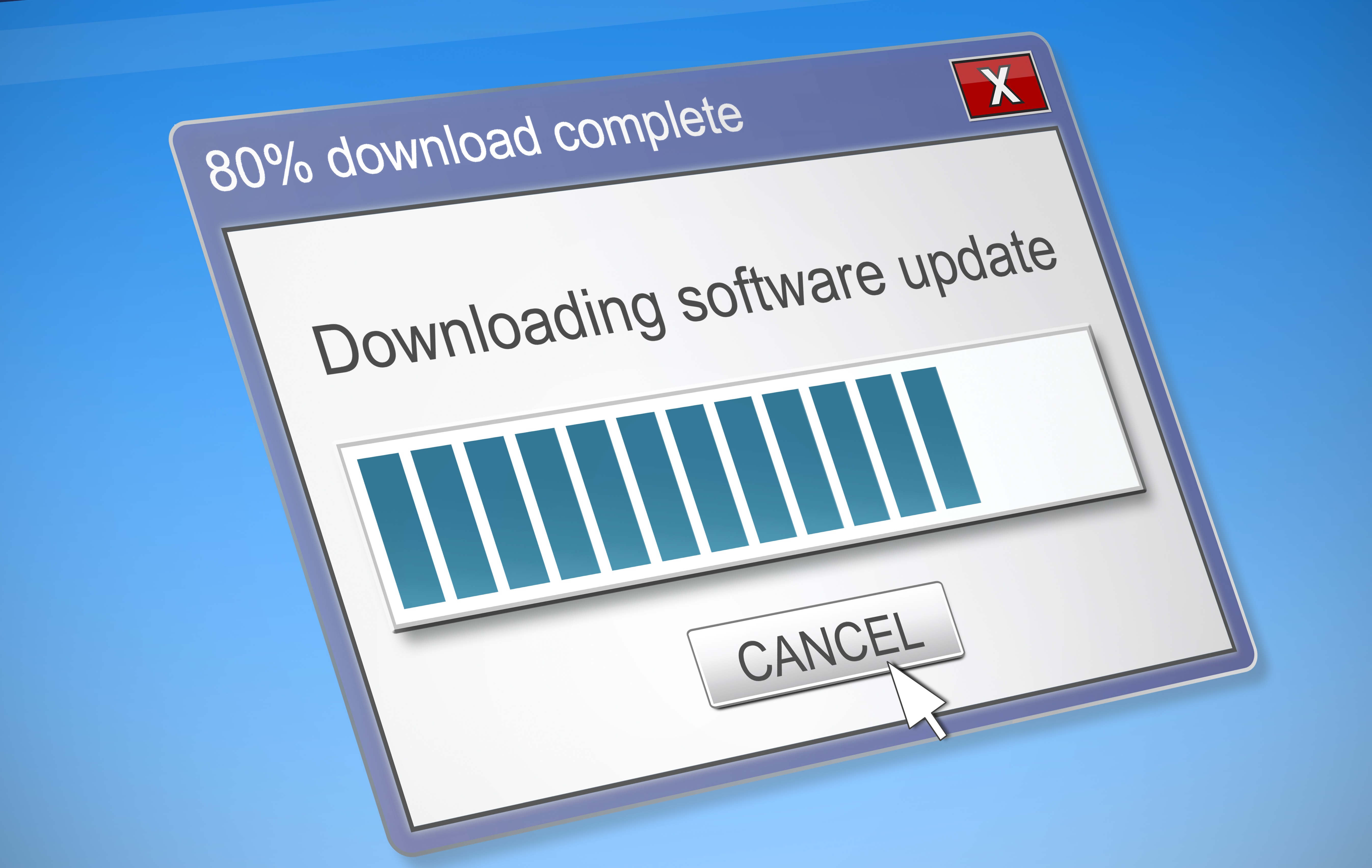
Outdated IT infrastructure is a major cause for people suffering when their personal information is misused or exposed, and there is no excuse. Victims can be eligible to claim compensation on a No Win, No Fee basis, and we can help.
Your Lawyers – as leading Data Leak Lawyers – represent thousands of people for claims and have won over £1m in data breach damages for mainly individual clients to date. Our experience in this complex and niche area of law speaks for itself, so when we tell you that outdated IT infrastructure is no excuse, you can trust in our advice.
If you have suffered due to the loss of control of your personal information, you could be eligible to launch a legal case with us now.

When victims are notified that they have been affected by a data breach, it can feel like being disconnected from reality. While it may not seem that data theft has the same tangible impact as someone breaking into your home, information exposure can, in fact, lead to considerable security risks and, in some cases, fraud and financial loss. The potentially severe side-effects of data breaches highlight that both victims and businesses should never underestimate data breaches at all.
However, in their approach to data protection, some businesses and organisations show that they have little regard for the consequences of compromising or exposing information. Where companies fail to keep data secure in accordance with the law, they can be liable for the harm caused to those affected.
If you have been affected by a data breach, you may be eligible to pursue a compensation claim. We know how severely such incidents can affect people, and we will never undervalue the difficulties you have had to endure. You can contact us today to receive free, no-obligation advice from our specialist team.
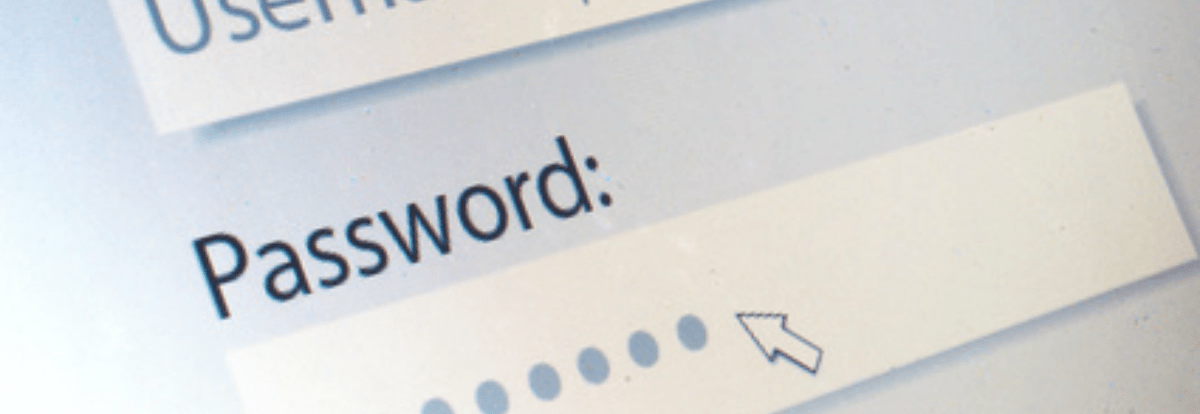
Receiving GDPR data breach notifications can be a bit of a common thing these days. I have received many, and you may have as well. You could be eligible to claim compensation as a victim of a data breach, and we may be able to help you.
Your Lawyers – The Data Leak Lawyers – is a leading, specialist firm of data breach and consumer action lawyers. We have been representing claimants for privacy cases since way back in 2014, which is a great deal longer than many of the other firms now touting for clients in this niche and complex area of law.
It pays to be careful who you instruct, as we know of other firms who have under settled cases quickly and cheaply, which can leave victims out of pocket and unable to achieve true justice. Our average data breach compensation pay-out for damages alone is in the £6,000 region, and we will always fight for the maximum pay-out for you.

Government data protection breaches can lead to incredibly personal and sensitive information being exposed. The government is not above the law and they can be held accountable, and victims of a data breach can be eligible to claim data breach compensation.
Victims can suffer from considerable distress when personal and sensitive information is misused or exposed. The law can entitle victims to receive damages for any distress that they have suffered from, and our job is to fight for the rights of the victims in pursuing justice.
You can speak to the team here now for free, no-obligation advice.

Victims suffering from distress that arises from the unauthorised access of medical records can be entitled to claim medical data breach compensation now on a No Win, No Fee basis.
Medical data breach cases are some of the most significant that we represent people for as the impact on the victims can often be very severe. Of the thousands of people that we represent as a leading firm of data breach and consumer action lawyers, we truly understand the significant impact on victims when this kind of event happens.
The team here at Your Lawyers is here for you now – you can speak to our expert team for free, no-obligation advice here now.
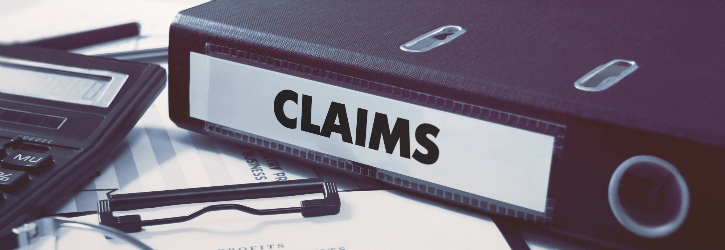
An analysis of regional statistics for data breaches singled out Cambridgeshire as the region to suffer the sharpest peak in cybercrime incidents. Covering 20 regions of the UK for the period of 2016-18, the data from the Office for National Statistics reportedly led to Cambridgeshire being labelled the UK’s “data breach capital”, according to IT Pro. It is unclear why the number of data breaches in Cambridgeshire may have risen so significantly in this period.
Whilst Thames Valley reportedly recorded the highest number of attacks, Cambridgeshire was branded with the fastest rate of increases as well as the largest total for its population. The figures raise questions about why Cambridgeshire may have succumbed to so many data breaches in 2020, and what this peak tells us about general trends in cybercrime.
Your Lawyers, as leading specialists in data breach claims, are keen to see cyber threats being closely monitored. However, it is important that these statistics are used effectively as a way of pushing for improvements to cybersecurity and data protection policies. These figures should not just be meaningless numbers – they should be a means of holding data controllers accountable.
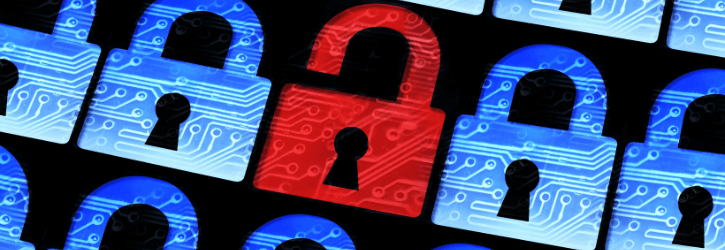
A suspected Dorset Council data breach has been reported in the media at the back end of 2021, although little is known yet about the finer details of the incident.
We know that the matter has been reported to the regulators, and that apologies have been made. If personal and sensitive information has been misused or exposed, this could cause significant distress to anyone affected.
Your Lawyers, as leading Data Leak Lawyers, are used to representing people for council data breach compensation cases. Anyone affected by such an incident can access free, no-obligation legal advice from our expert team here now.
EasyJet admits data of nine million hacked
British Airways data breach: How to claim up to £6,000 compensation
Are you owed £5,000 for the Virgin Media data breach?
Virgin Media faces £4.5 BILLION in compensation payouts
BA customers given final deadline to claim compensation for data breach
Shoppers slam Morrisons after loyalty points stolen
Half a million customers can sue BA over huge data breach
Lawyers accuse BA of 'swerving responsibility' for data breach
The biggest data breaches of 2020
Fill out our quick call back form below and we'll contact you when you're ready to talk to us.